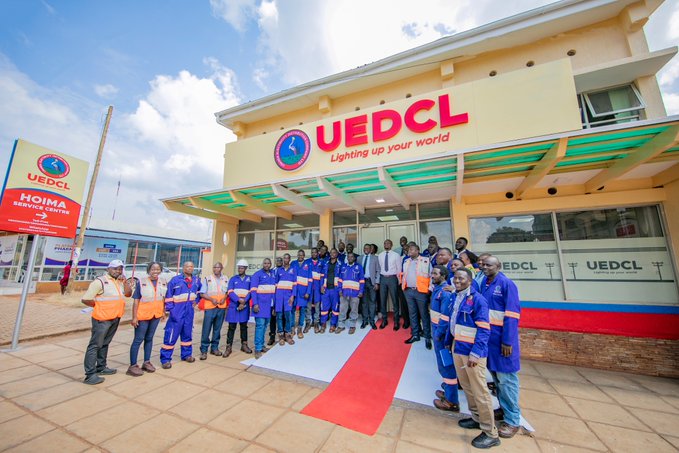Are Ugandans an anti-business community?
The lack of support has a demoralizing effect on Ugandan entrepreneurs. Many who have tried and failed in business cite the absence of community backing as a key reason for their struggles.

Small and Medium Enterprises (SMEs) are often hailed as the drivers of economic growth and youth employment. However, in Uganda, many of these businesses are bound to fail.
A significant factor contributing to these failures is the lack of support among Ugandans themselves. This reluctance to support homegrown businesses, coupled with other challenges, has left many entrepreneurs struggling to survive
Sarah Nakato, a vibrant entrepreneur in her early thirties, opened a boutique in Kampala with dreams of transforming her passion for fashion into a thriving business. She stocked her boutique with unique, affordable clothing designed to appeal to Ugandan tastes and sensibilities. Despite her best efforts, Nakato’s boutique struggled to gain traction.
“I thought having unique designs and affordable prices would attract customers,” Nakato recalls. “But I quickly realized that many Ugandans prefer to buy from international brands, believing they are superior, even when local options are just as good.”
Nakato’s experience is not isolated. A common observation is that Ugandans are quick to patronize foreign-owned establishments while neglecting their local counterparts. This trend is evident in the hospitality industry, where Ugandan-owned hotels and restaurants struggle to fill rooms and tables, while international chains thrive. The same pattern can be seen in retail, where foreign-owned stores enjoy higher sales volumes compared to local shops.
“Many Ugandans prefer to spend their money on foreign products, thinking they are superior, even when local options are just as good,” she says.
The lack of support has a demoralizing effect on Ugandan entrepreneurs. Many who have tried and failed in business cite the absence of community backing as a key reason for their struggles. The fear of failing again, combined with the knowledge that their community might not support them, discourages many from pursuing new ventures.
“Knowing that my community wasn’t behind me made every setback feel like a personal failure,”Nakato explains. “It was disheartening and made me question whether it was worth trying again.”
Ruth Namatovu, a business consultant with years of experience advising local enterprises, sheds light on the broader issues at play.
ALSO READ: Why mentorship is important in career development and personal growth
“Local businesses are the backbone of our economy,” Namatovu states. “When we support them, we are investing in our future. It’s crucial that we change our mindset and start valuing our own entrepreneurs.”
Namatovu believes that the key to reversing this trend lies in fostering a supportive business ecosystem. “We need to create an environment where local businesses can thrive,” she explains. “This involves not only government support but also a cultural shift where Ugandans take pride in supporting their own.”
The Role of the government
While the government provides incentives to attract foreign investors, such as tax holidays and free land, local businesses rarely receive similar support. This disparity makes it even harder for Ugandan entrepreneurs to compete and thrive. Policies that prioritize foreign investment over local enterprise need to be re-evaluated to create a more balanced and supportive environment for all businesses.
To change the narrative, Ugandans need to foster a culture of support for local businesses. This involves more than just choosing to shop locally; it requires a shift in mindset. Ugandans should take pride in their local enterprises and actively promote them within their communities. This support can take many forms, from word-of-mouth recommendations and social media promotions to choosing local products and services over foreign alternatives.
Namatovu emphasizes the importance of community support, “When we support our local businesses, we are creating jobs and building a stronger economy. It’s a collective effort that requires everyone to play their part.”







